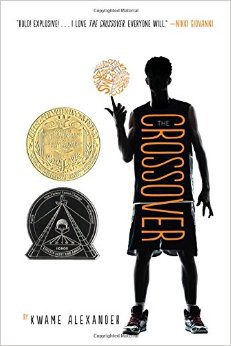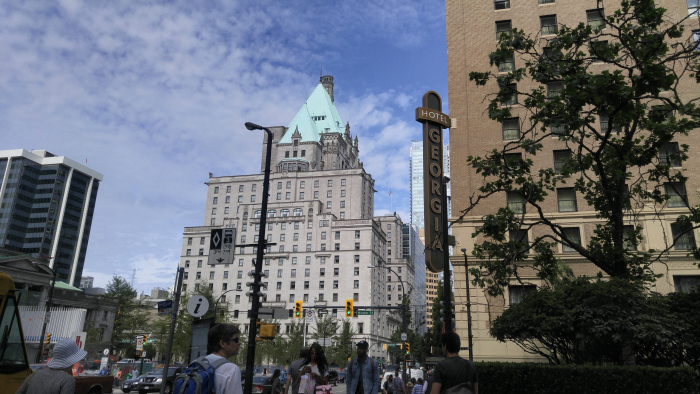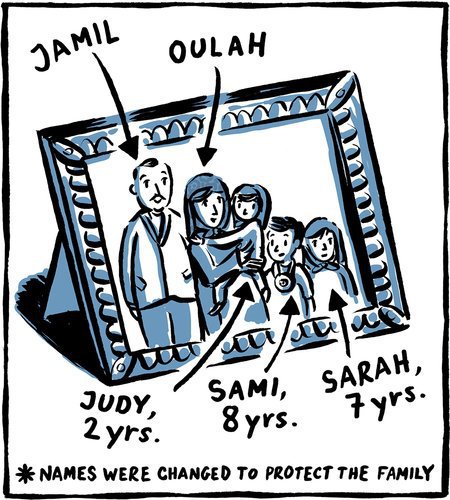
Over the last couple of weeks I’ve posted several times on Vasily Grossman’s epic novel Life and Fate. You can read my introductory thoughts on the novel, my thoughts on Grossman’s use of character and lists, and the place of the Holocaust in the novel.
Although I’ve spent a lot of time with this book and even have some expertise with its subject matter, especially its use of the Holocaust, I don’t know much about Soviet writing, and I can’t read Russian. So I was eager to reach out to a friend who is an expert on these things.
Marat Grinberg received his Ph.D. from the University of Chicago and is Associate Professor of Russian and Humanities at Reed College. He is the author of “I am to Be Read not from Left to Right, but in Jewish: from Right to Left”: The Poetics of Boris Slutsky (2011) and co-editor of Woody on Rye: Jewishness in the Films and Plays of Woody Allen (2013). His most recent essays on literature and cinema have appeared in the LA Review of Books, Commentary, Tablet Magazine, and Cineaste. His latest book is Aleksandr Askol’dov: The Commissar, a study of the great banned Soviet film.
I emailed Marat some questions I had about the novel, and he was kind enough to reply. I hope you enjoy his thoughtful responses as much as I did.
Dorian Stuber: I’d appreciate some context for understanding Grossman. Where does he fit among other Soviet writers of the time? Would you say he is a Jewish writer?
Marat Grinberg: I would hesitate in calling Grossman a Jewish writer, although that, of course, depends on how one defines this contentious category. Clearly he was a Jew who never denied his Jewishness and was invested in figuring out the place of Jews in history. The Holocaust and post-war Stalin’s anti-Semitic campaigns made this awareness stronger as well as more profound, tragic, and personal. At the same time, if we think of a Jewish writer as someone who engages in dialogue with Jewish textual universe, both sacred and secular, and comments upon it, this would describe Grossman only to a limited extent. First and foremost, he was a Soviet Russian writer, shaped by the Soviet project, which is precisely why his eventual denunciation of it after the war was so stark and unpredictable. A celebrated writer in the 30s and even early 50s and a legendary war journalist, Grossman was always a Soviet critic from within and from the depth of Russian history.
DS: One of the most striking aspects of Life and Fate is the way it links Nazism and Stalinism. Specifically, it suggests these ideologies are linked through their treatment of Jews. Is Grossman arguing that totalitarianism is anti-Semitic?
MG: I don’t think Grossman is arguing in Life and Fate or in other works dealing with the nature of totalitarianism, such as Everything Flows, that totalitarianism is inherently anti-Semitic. What fascinates him about Nazism and Stalinism and what makes them so similar in his eyes is how they both sacralize ideology and deny any value to individual human life. Like Hannah Arendt later in Origins of Totalitarianism, he views anti-Semitism as a convenient tool of totalitarianism, but I also think his understanding of anti-Semitism is limited by how he ties it to totalitarianism. Anti-Semitism is for him essentially a hatred of the other – Sartre’s “Anti-Semite and the Jew” comes to mind – but he overlooks the deeper roots of it in the polemical wars between Judaism and Christianity. The secular humanist that he was, he could never quite decide in Life and Fate whether the Nazi (and others’) hate of the Jew was an aberration or an ingrained part of human psyche and its capacity for evil.
DS: Can you tell English-speaking readers about the connotations of the two terms that give Grossman his title—and that he uses all the time?
My hunch is that fate is not simply a neutral term—not just the name for things that happen to us—but rather a way of referring to some kind of larger structure that makes human life intelligible and that even acts as a kind of judgment or way of making sense of that life.
By contrast, I sense that life is, if not antithetical to fate, then at least in some kind of struggle with it. Life is where value resides for Grossman. But is it possible to think of life without fate?
MG: I think you’re absolutely right, fate for Grossman “is not simply a neutral term—not just the name for things that happen to us—but rather a way of referring to some kind of larger structure that makes human life intelligible and that even acts as a kind of judgment or way of making sense of that life” and “life is where value lies for Grossman.” In this, he, of course, is following very consciously in the footsteps of Tolstoy. Life and fate is in many respects a paraphrase of war and peace, keeping in mind that the proper translation of Tolstoy’s epic would be War and World. Grossman mimics Tolstoy structurally, thematically and philosophically – Tolstoy also thinks of history as governed by larger structures, grand fate or destiny of a sort. It should be noted that War and Peace was the book that Russian intelligentsia and writers, in particular, turned to during the war. Boris Slutsky would later write a poem about how everyone was incessantly rereading and memorizing War and Peace in those years. So Grossman’s choice is not accidental, but what is also interesting is how he critiques the great novelistic projects of Russian literature, by Tolstoy as well as Dostoevsky and Turgenev, co-opted by the Soviet regime. He locates in them precisely the same obsession with totalizing explanations of human history which he identifies in totalitarianism and which invalidates the individual. Thus, the other key term in his novel, apart from life and fate, is freedom, which very much implies the individual’s ability to make choices and resist evil even when that evil becomes history’s organizing principle. It is through this type of phenomenological freedom that life can be salvaged for Grossman. In terms of Russian history and literature, he locates the potential for it in Chekhov, the least totalizing of Russian writers. Ultimately Grossman wants to have his cake and eat it too: write the 20th century version of War and Peace and question the very foundations of epic novelistic writing.
DS: Viktor Shtrum, one of the main characters, often said to be a stand-in for Grossman, is a particle physicist. Grossman himself trained as an engineer. Do you think Grossman’s background as a scientist affected his writing of the novel? (I’m especially wondering about its structure.) Or does science function in the novel mostly as a way of critiquing the Soviet state’s ability to politicize every aspect of life?
MG: So it’s Tolstoy’s proclivity toward discerning structures in history that mainly impacts Grossman’s systematizing thinking in the novel, but his engineer background might very well have had something to do with it. Overall the link between art and science is at the core of early utopian Soviet vision and the later Stalinist version of it. As a nuclear physicist, Viktor serves the state, which turns against him as a Jew, and exemplifies both the potential and the horror of human progress. Russian literary thinker Lydia Ginzburg defined Tolstoy’s characters, such as Levin in Anna Karenina, for instance, not as auto-biographical, but auto-psychological, in other words their task is to replicate the author’s psychology and his intellectual, moral and spiritual crises. Viktor is very much a character in that mold. His rediscovery of his Jewishness in the context of anti-Semitic assaults and the split he experiences as a result between being a member of Russian intelligentsia and a Jew reconstructs Grossman’s own trajectory in this regard.
DS: Do you think there are qualities to Grossman’s writing—in Life and Fate in particular, but more generally too—that are underrated? Are there aspects of his style or even of his preoccupations that don’t come across well in translation?
MG: In Russian criticism of Grossman there’s a tendency to view him as a great thinker, but not a great writer and because of that, some believe, he does not lose much in translation. The moral courage and breadth of his project in Life and Fate make discussing it as an aesthetic work almost impossible or at least very difficult. Certainly there are parts in it that are much more psychologically nuanced than others and it can be overly sentimental and sociological, which can be explained by his uneasy relationship with the genre of the novel. Hence some prefer his shorter works, such as Everything Flows and “The Hell of Treblinka.” Perhaps it’s the Greek and Roman historians, such as Thucydides and Tacitus, both artful writers intent on figuring out structure within history and how the human variable fits into it, that Grossman resembles most closely.

Thank you, Marat! So interesting to get your expert opinion on these questions.
Advertisements Share this:





